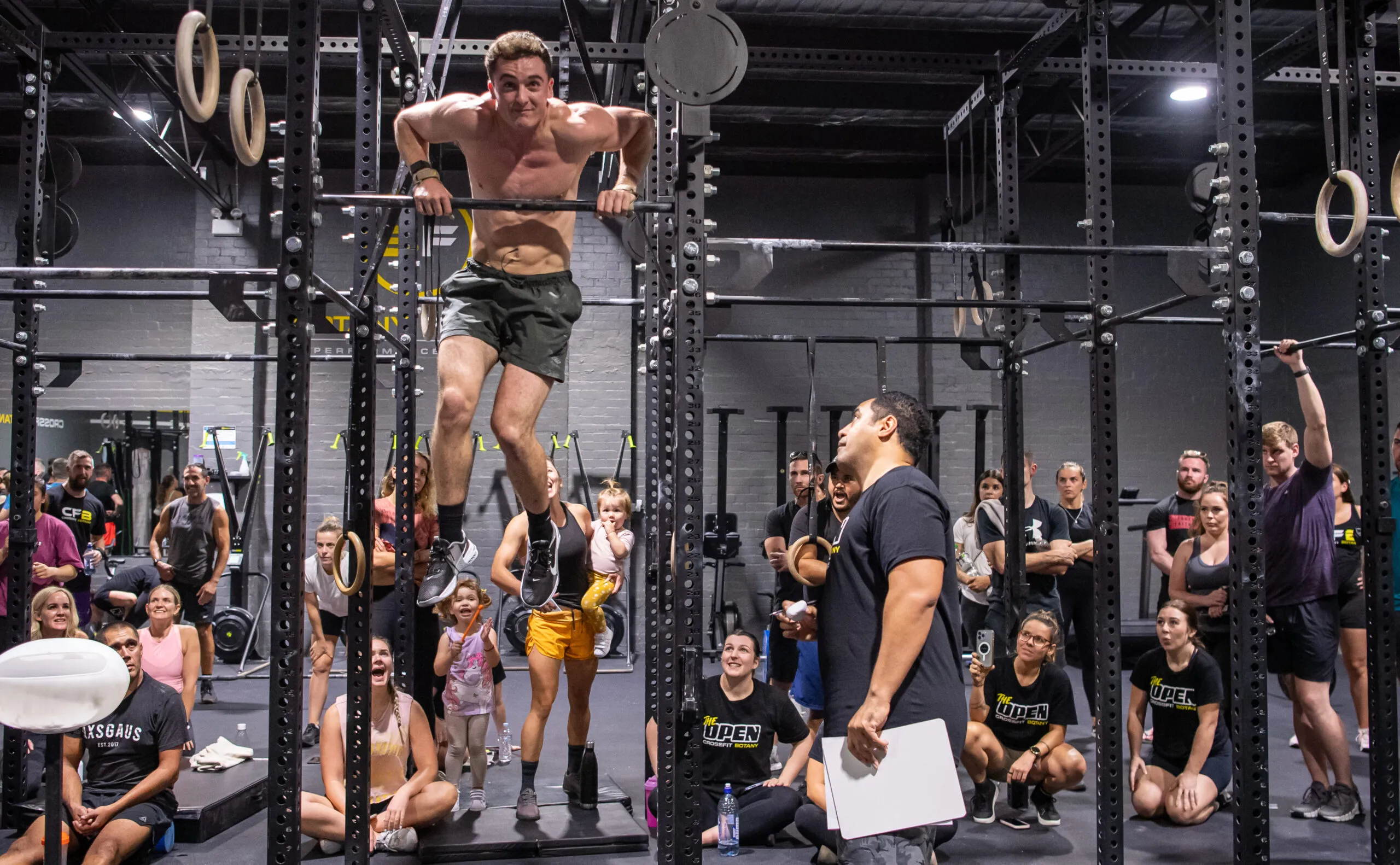
In this article I’m going to explain how I debrief CrossFit Open performances with my athletes to help train their mindset.
This ensures no matter the result, they can use The Open to be better than they were before.
Before we get started, I need to reiterate something:
The quickest way to make The Open a complete failure is to learn nothing from it.
No matter if it went well or poorly, you stop growing when you stop learning.
The biggest mistake athletes can make right now (or after any comp) is failing to reflect on it by rushing onto the next thing.
I’ve found that if athletes go through this process they never regress. Of course, there’s some more depth I hit whilst in conversation with them, but these are my starting points
A mindset debrief comes in the following parts:
Praising the positive intentionally
Growing from setbacks and disappointments
Increasing your self awareness
Take action
Praising the positive
“We’re too quick to count our scars, and too slow to count our wins.” - My mentor, Brian Grasso.
Yesterday, I asked 3 people I know but don’t coach about their CrossFit Open experience. I made an effort to first praise something I know they did well, then asked “how did you feel it went?”
Here’s how they responded…
“Yeah but man I need to get stronger. I’m weak as fuck”
“I just pussied out of the cleans. I don’t know why they sucked so much.”
“I was never going to do well, and it showed.”
Here’s the thing, if you don’t look at your weaknesses, you’ll never improve them.
But we spend so. much. time. repeating our losses over and over without ever learning the lesson from them.
The first step then is to draw out as many positives from the experience as possible:
What did you do well?
How have you grown since last year?
How did you display the character you wanted to?
How are you proud of yourself?
When you pull out the positives, you do three things; you reinforce the story that you are capable of becoming the athlete you dream of being; you identify tactics that leverage your strengths as an athlete, and you build positivity and self-belief.
Explore your setbacks and disappointments
Like I just said, we need to explore what did not go well in order to grow from it.
Turning away from it is a recipe for pain and stagnation.
When I talk to athletes about their failures, I'm mining for data they haven't seen before.
Hidden in the failure is the exact recipe for growth.
I’m looking to learn mindset patterns which repeat frequently and hold the athlete back.
I’m trying to pick up character flaws which caused or exacerbated the setback (like perfectionism, or negativity).
And I’m also trying to find opportunities to practise character skills in the future.
Like I’ve said before: fail as much as you can physically and emotionally tolerate.
Your success depends on it.
Grow your self-awareness
Whenever I speak to athletes, I sketch out these weird little circles.
At first, I didn’t even realise I was doing it, but after a few years of coaching, I saw something that made so much sense.
Athletes fall into behavioural and emotional cycles. These cycles repeat themselves unconsciously, and continually hold the athletes back.
These become particularly apparent during stressful or demanding times (like The Open).
I use these times as a way for athletes to gather deep self-knowledge so they can take it into other competitions and training too.
By doing this, they are more likely to be able to change these patterns because they’re more conscious of them.
At the centre of these patterns, there’s usually a story which needs to be changed.
Here’s an example:
Arrive at the box before a workout
Feel nervous and fearful about the workout
Say you suck at the movements of play down your chances of success
Not believe in yourself because of this
Perform poorly
Back to step 1 next week
Take action
The final step is to put the above learnings into a plan. Unless you take action on this, you may as well not do the debrief.
It's action that changes the result.
It reminds me of the quote "there's no difference between someone who does not read and someone who cannot read." Change comes from iteration.
Wrapping Up
There's one perspective shift that I find is the foundation to a successful mindset. To fail to include it here would be a mistake.
The point of this is to learn and improve. You never really get to the final test; it's all preparation for the next stage.
Even if you're going to The Games this year and you have a chance of winning it, the mindset you need to excel is the beginner's mind.
That's embodied by the learning, the awareness, the humility and the acceptance of inadequacy that will set you up to succeed.
So when debriefing The Open, whether this is your first or your tenth, learn from it.
